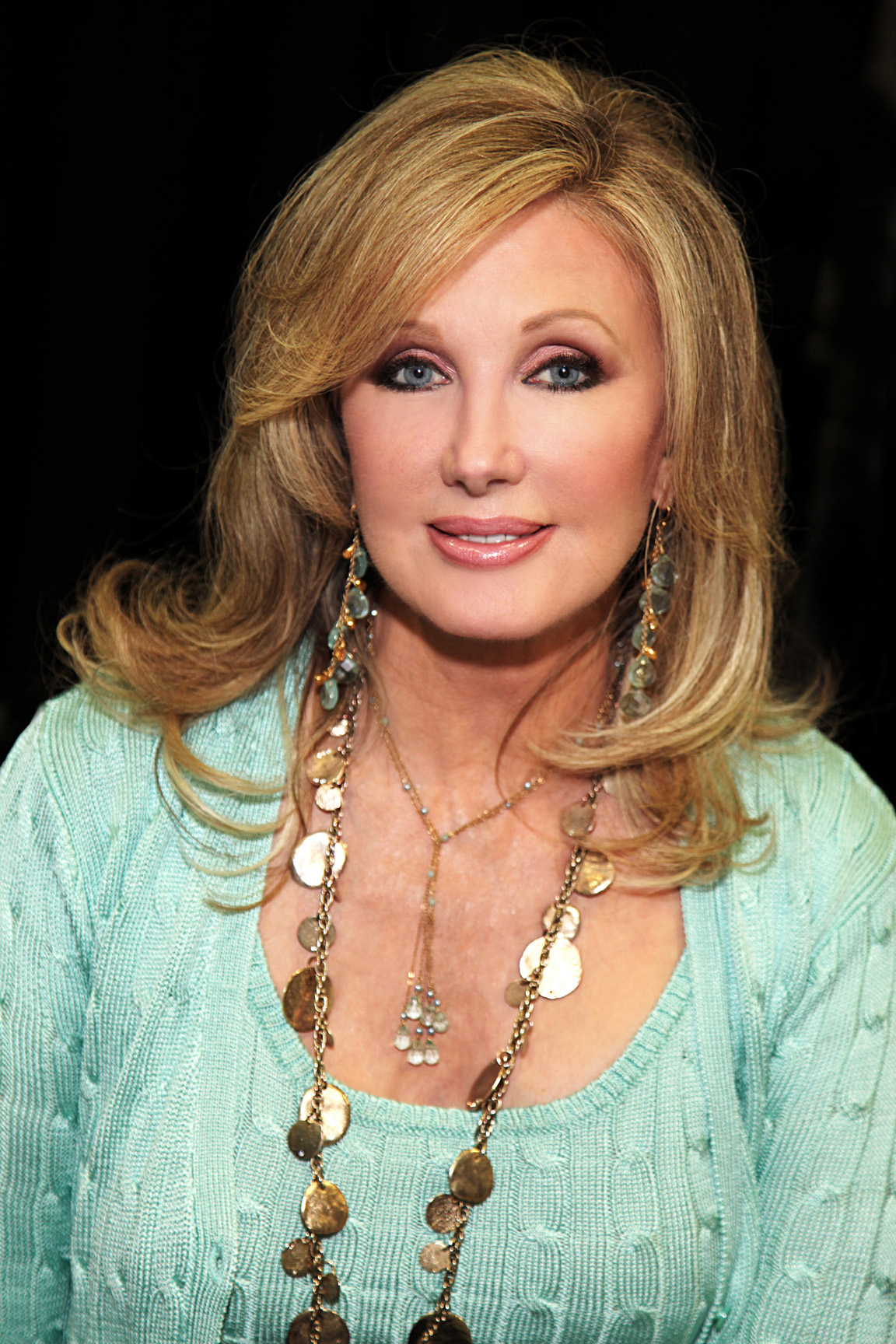Woody Allen
Explore the extensive timeline of Woody Allen, an influential figure in Hollywood. From his early beginnings in stand-up comedy and television writing, to becoming one of the most acclaimed directors and screenwriters in cinema, delve into the significant moments and works that have defined his career across decades.
Woody Allen Begins Career as a Television Writer
In 1957, Woody Allen started his career as a writer for television, working for Sid Caesar on shows like 'The Sid Caesar Show' and 'The Tonight Show.' This marked the beginning of his long and successful career in entertainment, leading to his eventual rise as a prominent filmmaker and comedian. His early work in television writing laid the foundation for his distinctive style of comedy and storytelling that would become evident in his later films.
Debut on Broadway with 'Don't Drink the Water'
Woody Allen made his Broadway debut with the play 'Don't Drink the Water,' premiered on January 29, 1965. The play is a farce set in an American embassy behind the Iron Curtain and proved to be a hit, running for over 600 performances. 'Don't Drink the Water' marked a significant moment in Allen's early career as a playwright and humorist. The play's success helped establish him as a fresh comedic voice on the American stage, contributing to his development as a versatile entertainer.
Release of 'Take the Money and Run'
On October 7, 1969, Woody Allen's film 'Take the Money and Run' was released, marking his first directorial venture in which he had complete control over the script and production. This film is a mockumentary about the life of an inept bank robber and showcased Allen's signature comedic style. 'Take the Money and Run' was well-received and established Allen as a promising director with a unique voice in comedy.
Annie Hall Wins Academy Awards
Woody Allen's film 'Annie Hall,' released in 1977, won four Academy Awards, including Best Picture, Best Director, Best Actress for Diane Keaton, and Best Original Screenplay for Allen and co-writer Marshall Brickman. This film is considered one of Allen's masterpieces and a seminal work in the romantic comedy genre. 'Annie Hall' is praised for its innovative narrative techniques and has had a lasting influence on the genre, solidifying Allen's status as a major filmmaker.
Woody Allen and Mia Farrow Public Split
In August 1992, Woody Allen's relationship with actress Mia Farrow ended publicly and controversially following revelations of his affair with Farrow's adopted daughter Soon-Yi Previn, who was 21 at the time. The breakup became a major public scandal, with extensive media coverage. This event significantly impacted Allen's personal and professional life, as it changed public perception of him and was followed by legal battles over the custody of his children with Farrow.
Release of 'Match Point'
Woody Allen's film 'Match Point,' released in 2005, marked a change in direction for Allen as it was a drama with darker themes compared to his earlier comedies. The film was well-received by critics and is regarded as one of Allen's best works of the 2000s. 'Match Point' explores themes of luck, morality, and ambition, and was a commercial success, proving Allen's ability to create compelling narratives across different genres.
Premiere of 'Magic in the Moonlight'
On July 11, 2014, Woody Allen's film 'Magic in the Moonlight' premiered, starring Colin Firth and Emma Stone. Set in the 1920s on the French Riviera, this romantic comedy follows a magician tasked with exposing a supposed psychic medium as a fraud. The film is noted for its beautiful cinematography and charming performances. While reviews were mixed, it demonstrated Allen's consistent output of films, contributing to his enduring presence in cinema.
Café Society Opens Cannes Film Festival
Woody Allen's film 'Café Society' premiered on May 11, 2016, as the opening film for the Cannes Film Festival. The film, starring Jesse Eisenberg and Kristen Stewart, is set in the 1930s and tells the story of a young man's quest for success in both Hollywood and New York's high society. 'Café Society' received praise for its visual style and period detail, and its selection for the prestigious opening night slot at Cannes highlighted Allen's continued relevance in the film industry.
Publication of 'Apropos of Nothing'
Woody Allen's memoir, 'Apropos of Nothing,' was published on March 3, 2020. The book provides an in-depth look at his life and career, addressing both his professional accomplishments and personal controversies. It offers insight into his creative process and thoughts on his films, while also tackling the allegations and scandals that have surrounded him. The memoir was published amid much controversy and debate over its content and the decision to release it.
Announcement of Retirement from Filmmaking
In a 2022 interview, Woody Allen announced his tentative plans to retire from filmmaking after completing his next film. The announcement came after decades of prolific work in the film industry, spanning over 50 films and numerous accolades. Allen expressed a desire to focus on writing, possibly returning to theatre, where he began his career. His retirement marks the end of an era for one of cinema's most recognized and controversial directors.
Frequently asked questions about Woody Allen
Discover commonly asked questions regarding Woody Allen. If there are any questions we may have overlooked, please let us know.
When was Woody Allen born?
When did Woody Allen direct his first film?
Has Woody Allen received any notable awards?
What is Woody Allen known for in the film industry?
Related timelines
More timelines connected to Woody Allen







